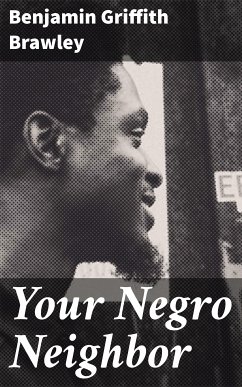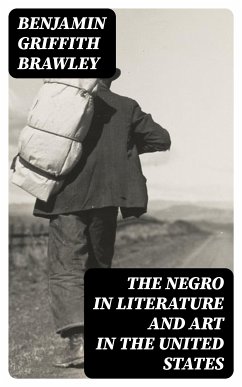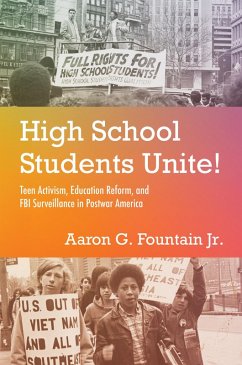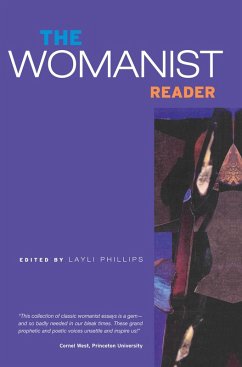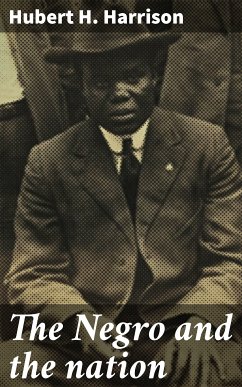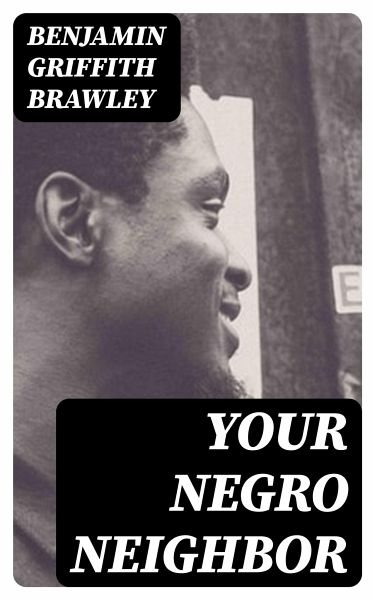
Your Negro Neighbor (eBook, ePUB)
Versandkostenfrei!
Sofort per Download lieferbar
1,99 €
inkl. MwSt.
Weitere Ausgaben:

PAYBACK Punkte
0 °P sammeln!
In "Your Negro Neighbor," Benjamin Griffith Brawley crafts a poignant exploration of African American life in the early 20th century. Written in a lyrical yet incisive style, Brawley weaves together personal anecdotes, sociopolitical analysis, and cultural commentary to illuminate the complexities faced by Black citizens during a time of rampant racial prejudice. The book is set against the backdrop of the Harlem Renaissance, a period characterized by a burgeoning expression of Black identity and creativity, and becomes a crucial testament to the era's struggles and triumphs, capturing both th...
In "Your Negro Neighbor," Benjamin Griffith Brawley crafts a poignant exploration of African American life in the early 20th century. Written in a lyrical yet incisive style, Brawley weaves together personal anecdotes, sociopolitical analysis, and cultural commentary to illuminate the complexities faced by Black citizens during a time of rampant racial prejudice. The book is set against the backdrop of the Harlem Renaissance, a period characterized by a burgeoning expression of Black identity and creativity, and becomes a crucial testament to the era's struggles and triumphs, capturing both the resilience and aspirations of his subjects. Benjamin Griffith Brawley, an esteemed educator and literary figure, drew upon his own experiences as a Black man navigating a segregated society to inform his narrative. His role as an educator and advocate for African American rights provided him with unique insights into the challenges faced by his community, fueling his commitment to articulate their stories and perspectives. Brawley's multifaceted background as a writer, critic, and professor enriched his narrative, allowing him to approach the subject matter with both empathy and intellectual rigor. This book is highly recommended for readers seeking a profound understanding of early Black America, as Brawley invites us to reflect on our collective past while fostering a deeper appreciation for the depth of the African American experience. "Your Negro Neighbor" stands as a vital literary work, merging personal narrative with broader social discourse, and is essential reading for anyone interested in the intersections of race, identity, and history.
Dieser Download kann aus rechtlichen Gründen nur mit Rechnungsadresse in A, B, BG, CY, CZ, D, DK, EW, E, FIN, F, GR, H, IRL, I, LT, L, LR, M, NL, PL, P, R, S, SLO, SK ausgeliefert werden.




